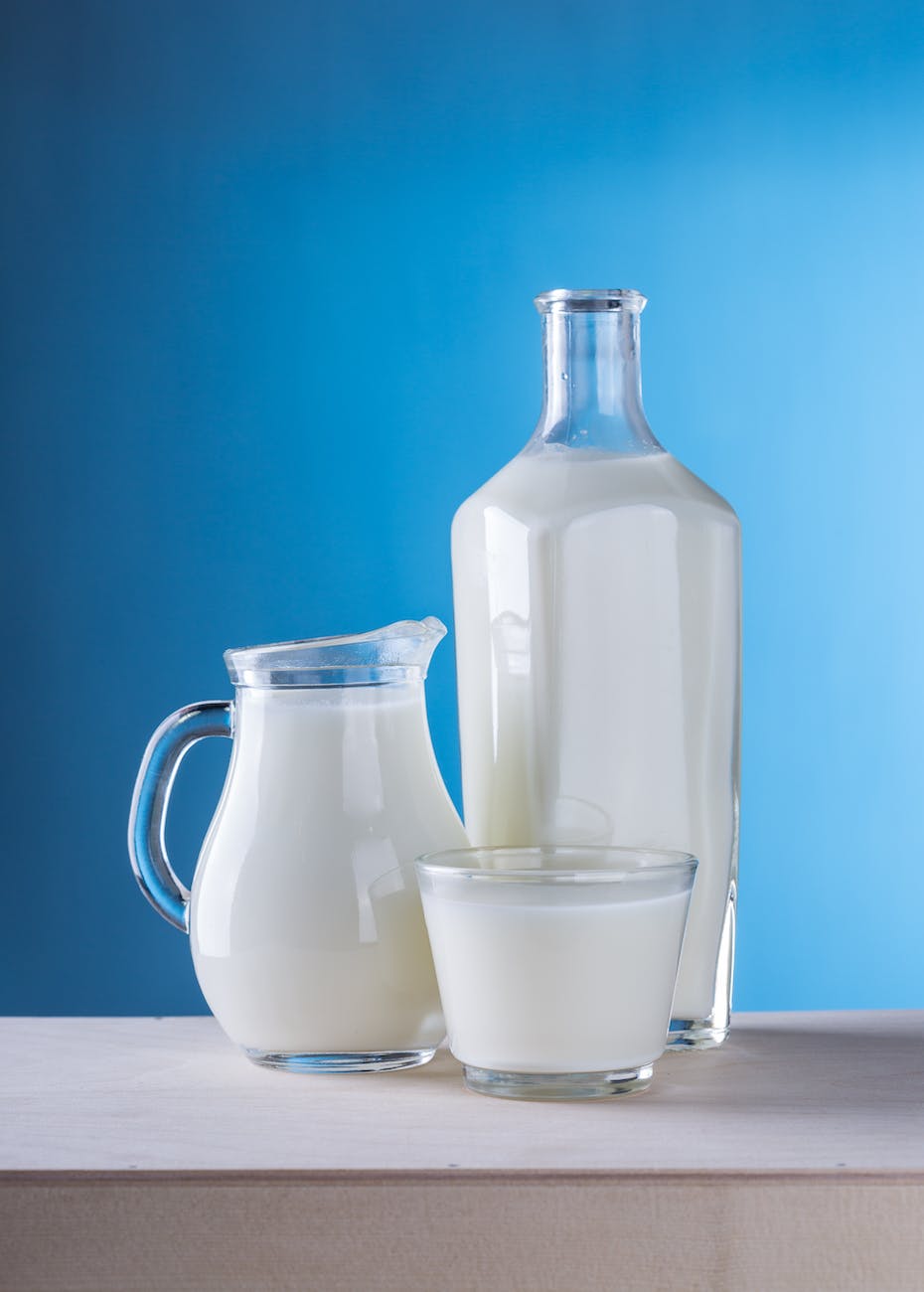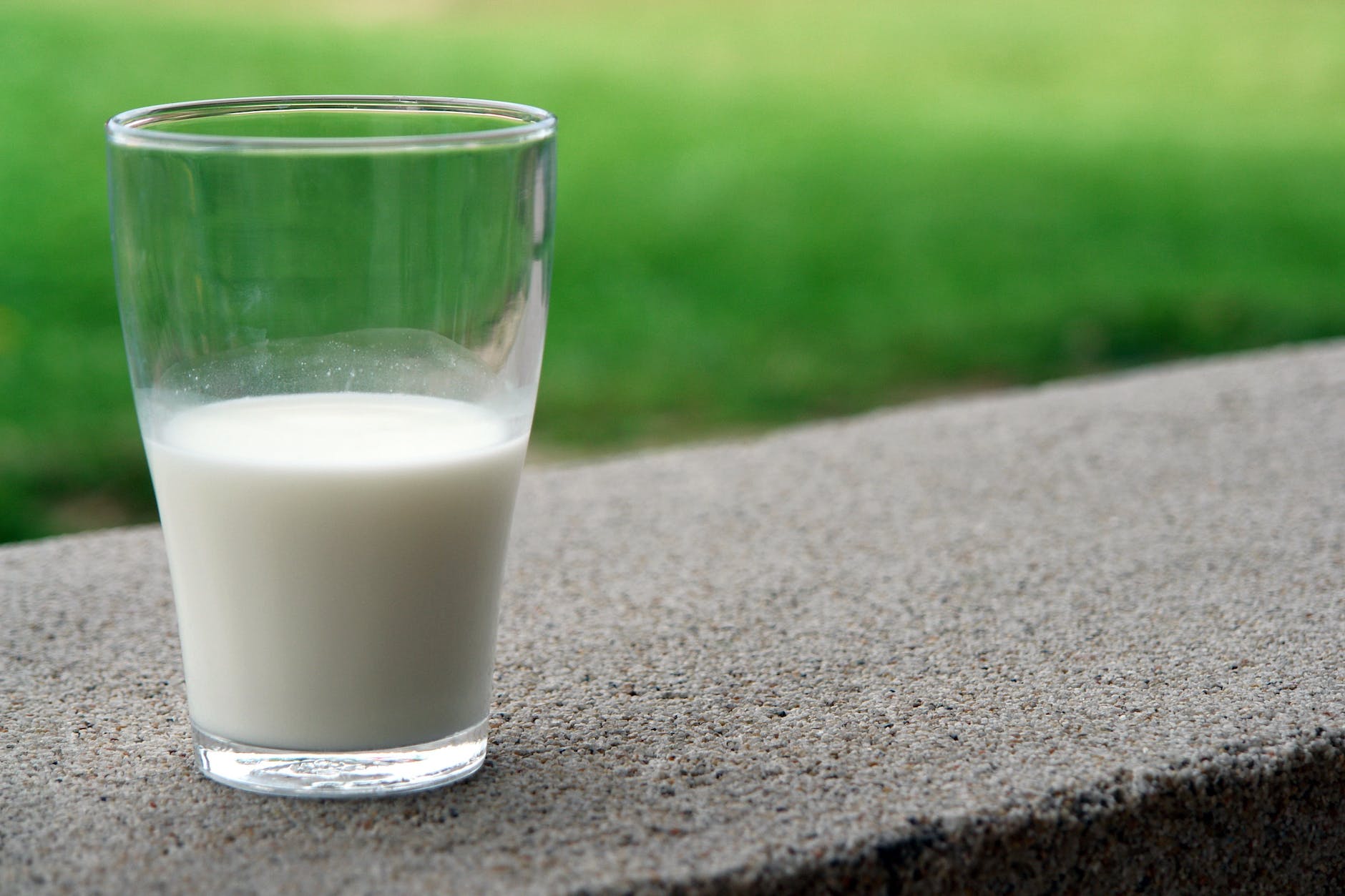
Is Cow Milk Keto? A Deep Dive into Milk Choices on a Ketogenic Diet
The ketogenic (keto) diet has become increasingly popular as a way to potentially lose weight, boost energy, and reap other health benefits. At its core, the keto diet emphasizes a low-carb, high-fat intake, prompting many to reconsider their consumption of everyday foods, including milk. This comprehensive guide will delve into whether cow’s milk is keto-friendly and explore other milk alternatives suitable for those on a ketogenic diet.
Understanding Cow’s Milk
Cow’s milk, a staple in many diets worldwide, is packed with essential nutrients like calcium, vitamin D, and protein. However, its carbohydrate content, primarily from lactose, often raises eyebrows among keto enthusiasts.
- Carbohydrate Count: A standard cup of whole cow’s milk contains around 12 grams of carbohydrates. For those on a keto diet aiming for a daily intake of 20-50 grams of carbs, cow’s milk can quickly consume a significant portion of this allowance.
- Keto Perspective: Due to its carb content, regular cow’s milk is often limited or even avoided on a strict keto diet. If you’re keen on including it, it’s advisable to opt for full-fat versions and consume in moderation.
Navigating Milk Alternatives on Keto
- Coconut Milk: A darling of the keto community, unsweetened coconut milk boasts a high fat and low carb profile. Its creamy texture and subtle sweetness make it a versatile addition to keto recipes.
- Almond Milk: Unsweetened almond milk is another low-carb, dairy-free alternative. It’s lighter in texture compared to coconut milk and can be used in a variety of dishes, from smoothies to keto-friendly desserts.
- Lactose-Free Milk: While it eliminates lactose, the carb content in lactose-free milk remains similar to regular cow’s milk, making it a less-than-ideal choice for strict keto followers.
- Macadamia and Cashew Milk: These newer entrants in the milk alternative scene are gaining traction for their creamy consistency and low carb content. As always, opt for unsweetened versions to stay within keto guidelines.
- Goat’s Milk: While not as popular as cow’s milk, goat’s milk is another option. However, it’s worth noting that its carbohydrate content is comparable to cow’s milk, so it should be consumed judiciously.
- Hemp Milk: Made from hemp seeds, this milk alternative is rich in omega-3 and omega-6 fatty acids. It’s also typically lower in carbs than cow’s milk, making it a potential keto option.
Factors to Consider When Choosing Milk on Keto
- Carbohydrate Content: Always check the nutritional label. The lower the carbs, the better it aligns with keto principles.
- Additives and Sweeteners: Some milk alternatives might contain added sugars or artificial sweeteners, which can impact ketosis.
- Nutritional Benefits: Beyond carb content, consider other nutritional benefits like vitamins, minerals, and fatty acid profiles.
Conclusion
Navigating milk choices on a keto diet can seem daunting, but with a bit of knowledge and label-reading, it’s entirely manageable. While cow’s milk might be approached with caution due to its carbs, several alternatives can fit snugly into a keto lifestyle.
FAQs
- Why does cow’s milk have a higher carb content?
The primary carbohydrate in cow’s milk is lactose, a natural sugar. - Which milk alternative is the most keto-friendly?
Unsweetened coconut milk and almond milk are among the top choices due to their low carb content. - Can I use milk alternatives in cooking and baking?
Absolutely! Many milk alternatives can be used in cooking and baking, just as you would with cow’s milk. - How do milk alternatives compare in taste to cow’s milk?
Taste can vary widely. For instance, almond milk has a nuttier profile, while coconut milk is creamier with a tropical hint. - Is it more expensive to buy milk alternatives?
Prices can vary based on brand and region. However, making your own nut milk at home can be cost-effective.
Blog Tags:
Keto Diet, Cow’s Milk, Milk Alternatives, Almond Milk, Coconut Milk, Lactose-Free Milk, Macadamia Milk, Cashew Milk, Goat’s Milk, Hemp Milk, Low-Carb Diet, Dairy on Keto.










